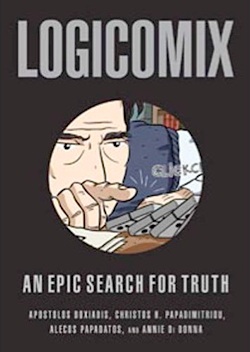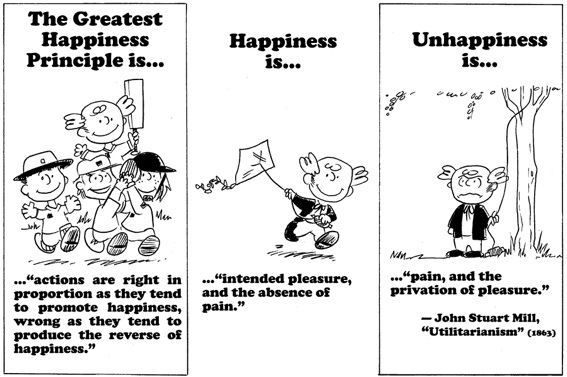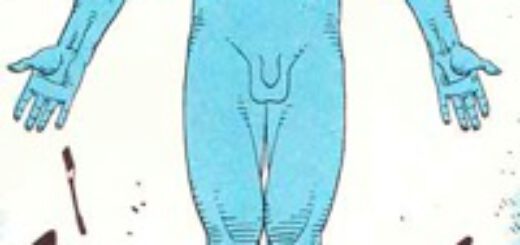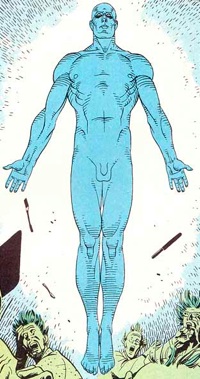See the haunted opera “Lilith: Mother of Dreams” tonight!
There was a once-in-a-century storm that delayed the original premiere date. But Lilith will not be denied.
Join poet-violist (and ComicMix contributor) Alexandra Honigsberg, international artist composer-clarinetist Demetrius Spaneas, soprano Christina Rohm, and pianist-conductor James Siranovich at the premiere of Lilith: Mother of Dreams, a chamber opera of the iconic demon goddess. It’s debuting tonight at a historic haunted opera house, Flushing Town Hall.
The Lilith Project is conceived as a modern American suitcase opera, a chamber monodrama: intense, human, universal, compact in form and forces, accessible.
Before there was Eve, there was Lilith: Adam’s first lover, once human, made from the same dust, sensuality’s queen, bride of the Angel of Death, mother of opposing cosmic forces – strong, willful, unstoppable. She rules the storms of the skies and the heart – night owl, holy woman of power. From ancient tales of Gilgamesh and Enkidu, to King Solomon and the Queen of Sheba, to Greece’s Lamiae and Daughters of Hecate, to Native American lore and Victorian Gothic Horror, Lilith looms large in the minds of men and women when the lights go out and they enter dream time. Some call her demon, vampire, child killer – others mother, lover, elder, friend. But whatever the appellations, she persists in the realms of our imaginations, from holy books and high literature to popular feminist concert series, TV shows, and Japanese anime. Child of Light? Daughter of Darkness? Both? Neither? You decide.
Composer Spaneas is a long-time professional, curator of Cornelia St. Café’s Serial Underground award-winning new music series’ 25th year, and Fullbright Specialist of the State Department’s musical diplomats. Librettist Honigsberg is a veteran violist, award-winning songwriter, long-time published poet, and this year’s winner of the Mayor’s Poetry Prize. Both Rohm and Siranovich have established opera careers all over the US and cities abroad. Long-time colleagues in many configurations over the years, Lilith marks this creative team’s debut.
There will be a talk by the artists before the performance and then time for questions and answers, afterwards, and a reception to which all are invited. Come as you are, but gala premiere attire, period dress, and other unique finery is encouraged!
The production is fiscally sponsored by Composers Collaborative, Inc. $10 suggested donation/FTH members free, all welcome.
Related articles
- From the Bible’s cutting-room floor: Lilith (sarahjansen.wordpress.com)










 This week on
This week on 
 Editor’s note: With the imminent release of Watchmen, we thought we’d try and get a different perspective. So we asked Alexandra Honigsberg, a professional ethicist and genre author, to read the book for the first time and delve into the ethos of the world created by Alan Moore and Dave Gibbons.
Editor’s note: With the imminent release of Watchmen, we thought we’d try and get a different perspective. So we asked Alexandra Honigsberg, a professional ethicist and genre author, to read the book for the first time and delve into the ethos of the world created by Alan Moore and Dave Gibbons.








